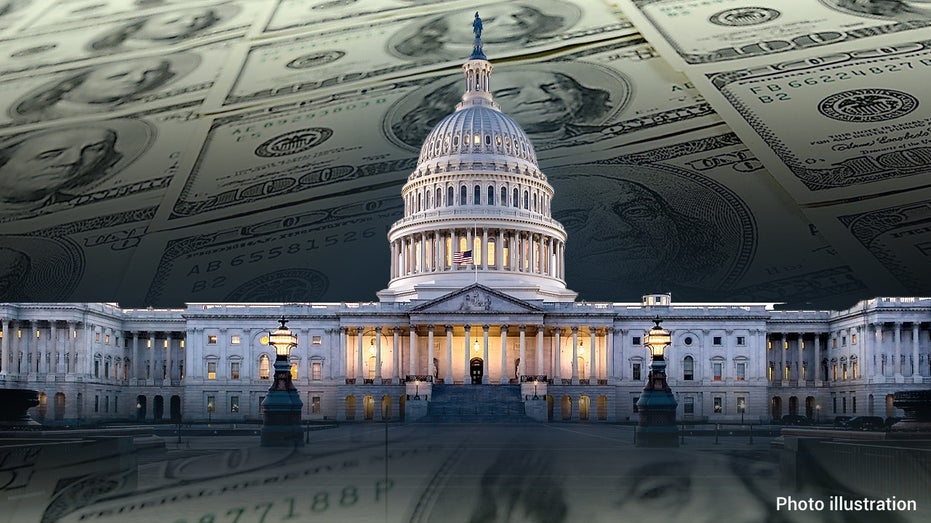Trump's Spending Bill Advances to Senate as Republicans Prepare Strategic Adjustments to Key Provisions
Senate debate heats up over Trump's "Big, Beautiful Bill" as Republicans clash on its contents and the path to cost savings.

The much-anticipated "Big, Beautiful Bill" is entering a pivotal phase as the Senate prepares for a heated debate beginning next week. Lawmakers are signaling that some of the most contentious aspects of the legislation could be reshaped or even struck entirely before any final vote occurs.
One of the first items likely to face scrutiny is the state and local tax (SALT) deduction. While House Republicans from high-tax regions like California and New York have fiercely protected the SALT provision, their Senate counterparts show little appetite for preserving it. Some House members, including Rep. Mike Lawler, R-N.Y., have warned that they might vote against the bill if SALT is eliminated in the Senate's version, underscoring deep divisions within the party and raising questions about the bill’s prospects in its current form.
Meanwhile, fiscal conservatives are pressing for deeper Medicaid changes to generate additional savings. However, this push is meeting resistance from senators representing states where Medicaid is a critical lifeline for constituents. Sens. Josh Hawley of Missouri and Jim Justice of West Virginia have voiced concerns about further cuts, reflecting the delicate balance Senate leaders must strike between cost-cutting ambitions and protecting vulnerable populations.
Other provisions are up for reconsideration as well. Sen. Thom Tillis, R-N.C., has proposed changes to the no-tax-on-tips policy, arguing that it unfairly benefits workers in tipped industries over those in other fields. This debate points to broader debates about fairness and equal treatment for diverse segments of the workforce.
Beyond fiscal issues, the Senate is signaling that it may strip House-backed measures related to artificial intelligence and federal judiciary reforms from the bill. Such proposals, while popular in the House, likely do not meet the strict requirements of the Senate's budgetary rules—a hurdle that has sidelined similar policy efforts in the past.
As the negotiations intensify, the fate of the “Big, Beautiful Bill” remains highly uncertain. With multiple factions seeking key changes and red lines drawn on both sides, the coming week will prove decisive for the legislation’s future and for the broader agenda it represents.




